
Brazil is hoping to expand its trading partnership with the UK as part of ambitions to start exporting pork into the country as imports from the EU dwindle.
Ricardo Santin, president of the Brazilian Animal Protein Association, told The Grocer at the recent SIAVS international animal protein trade show in São Paulo that the industry wanted to send leg and shoulders for processing by local manufacturers.
Brazil would be open to accept any UK products that follow Brazilian standards to foster a “two-way partnership”, he said.
However, National Pig Association CEO Lizzie Wilson warned it would not welcome Brazilian pork into the UK that was “produced to much lower standards”.
“The NPA would expect retailers and foodservice alike to continue to source British pork as much as possible to protect consumers and support domestic pig farmers,” she added.
Brazil is the fourth-largest pork producer and exporter in the world, responsible for producing 5.1 million tonnes and exporting 1.2 million tonnes in 2023, making up 4.4% of global production and 12.5% of world exports.
Latin America’s biggest economy has been an important trading partner with the UK since the 1980s. The UK is the 16th largest buyer of Brazilian chicken meat, having imported 55,000 tonnes of poultry from January to July this year, while also taking 14,360 tonnes of beef during the same period, mostly corned beef.
“Brazil is already a reliable, sustainable, top-quality, safe and affordable partner of the UK regarding poultry meat,” Santin said.
“We have been providing high-quality pork meat to almost 100 countries, including Japan, the US and Canada, and we would like to contribute to the UK by offering some cuts to local processors to help to balance the local needs.”
He added EU production and exports were decreasing year after year. “In the opposite direction, Brazil’s production and exports are growing. Brazil can be a reliable alternative to the UK.”
Exports of pork and pork products from the EU to the UK fell to the lowest volume on record in the first quarter of 2024, according to agricultural levy board AHDB.
As the Food & Drink Federation’s trade snapshot for Q1 reported, the export health certificate for medium-risk goods, introduced on 30 January under the Border Target Operating Model (BTOM), led to increased costs and bureaucracy for traders.
The British Meat Processors Association (BMPA) warned the situation could worsen during the rest of the year following the second phase of the BTOM coming into effect on 30 April and introducing new checks and fees.
BMPA CEO Nick Allen told The Grocer: “The UK is not self-sufficient in pork production and relies on imports from the EU. While we are not experiencing any shortfall in supply currently, as the supply of EU product continues to tighten, it should not come as a surprise that a major meat exporter like Brazil would be looking to gain access to the high-value UK market.
“They would, of course, need to meet all the UK’s SPS requirements, although it’s not clear at this stage how this would be checked. Prior to leaving the EU, Britain relied on EU inspectors visiting overseas plants to approve them to export to the EU. Now we are an independent third country, it falls on the UK to carry out such checks.”
The UK imports 786,000 tonnes of pigmeat and exports 373,000 tonnes each year, according to the International Meat Trade Association.
The EU currently supplies most of the pork imported by the UK, with Denmark being the main source, accounting for more than a quarter of all UK pork imports, complemented by Germany and the Netherlands.
Pork from the EU goes to UK processing facilities to make popular products such as bacon, gammon and ham, as well as sausages, pies and pâté, while carcases, bone-in cuts, cheeks, heads, stomachs, ears, snouts, tails and feet are exported out of the UK around the world.
IMTA highlighted that 23 million pigs would be needed to satisfy the UK demand for pork loin, which would mean a doubling in the country’s current pig farm population. The London-headquartered trade association added this was not feasible and would lead to a surplus of shoulder, belly, and trim.







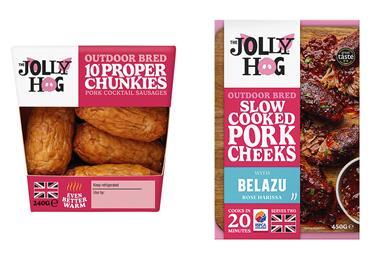
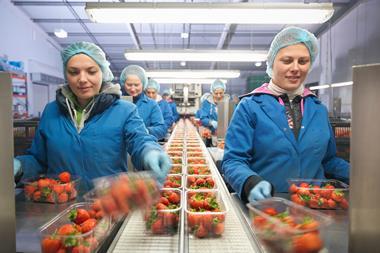
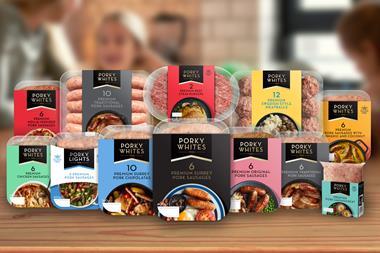
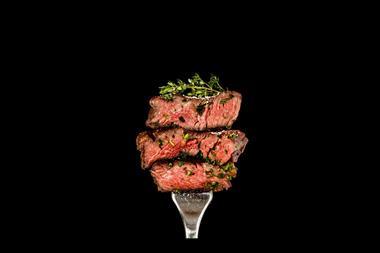
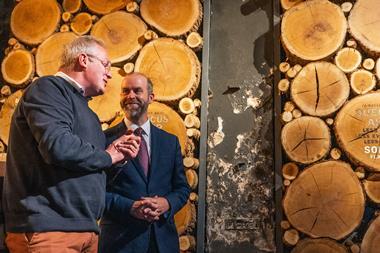

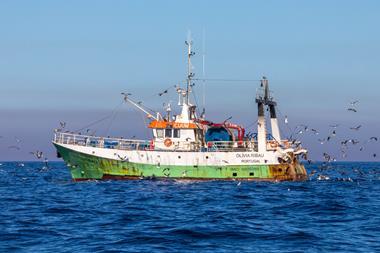


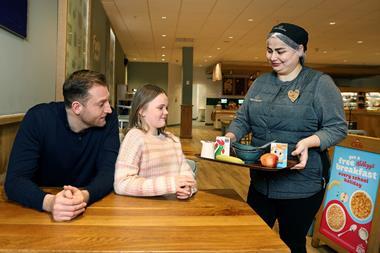

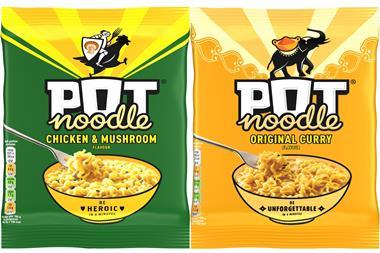
No comments yet